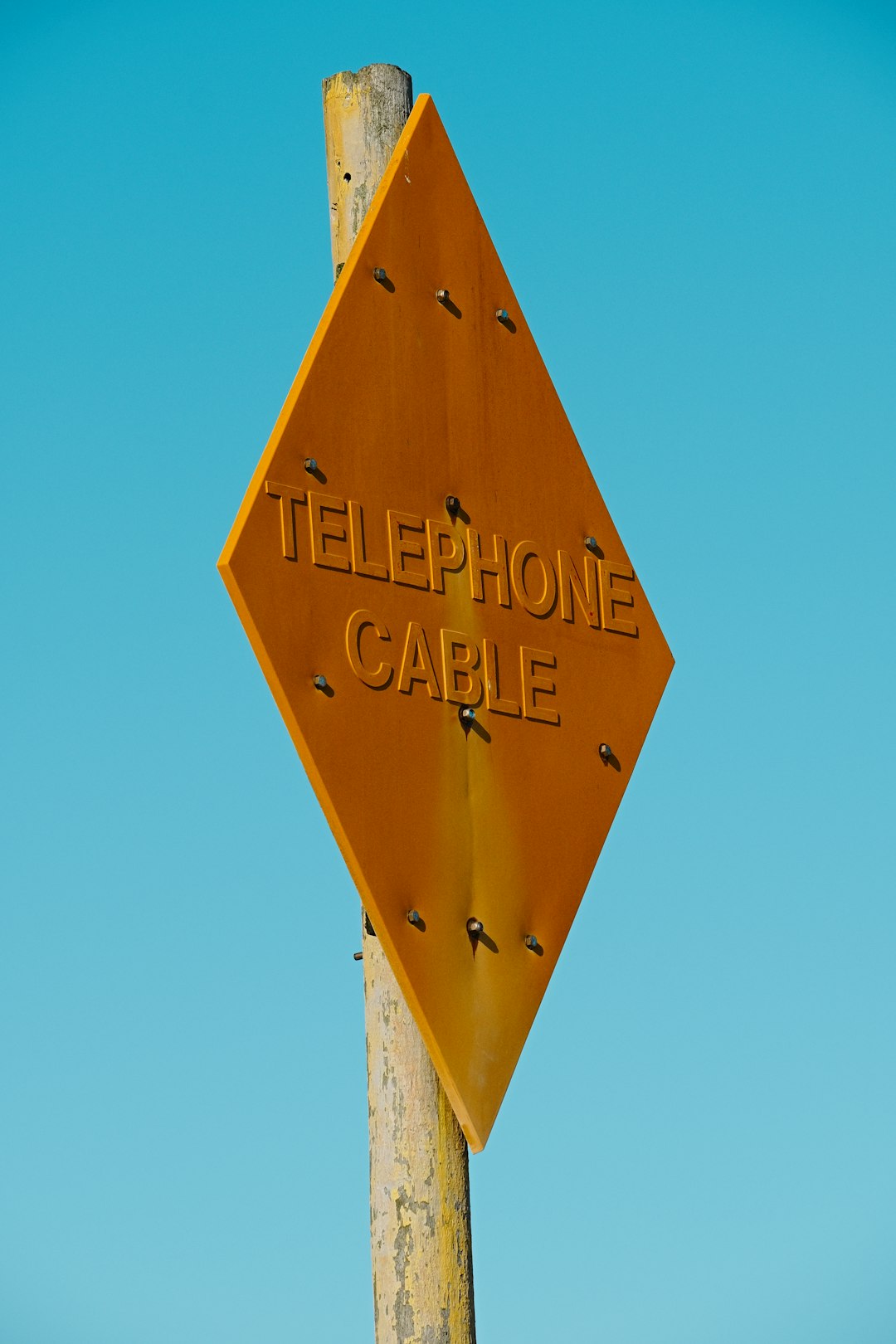Phoenix residents plagued by robocalls and spam texts can protect themselves through legal action. The Telephone Consumer Protection Act (TCPA) prohibits unsolicited calls, and hiring a specialized robocall lawyer or spam call law firm can help enforce Do Not Call regulations. Utilizing the FTC's Do Not Call Registry, smartphone blocking features, and consulting legal experts are effective strategies. Reporting unwanted texts to the FTC is crucial, with potential legal action through a Phoenix-based robocall attorney.
Phoenix residents are increasingly plagued by spam text messages and robocalls, but understanding your legal rights and knowing how to block these intrusive messages can help reclaim your peace of mind. This guide explores the robust robocall laws in Phoenix designed to protect consumers from unwanted calls and provides practical steps on how to effectively block spam text messages. From hiring a reputable robocall lawyer Phoenix to filing complaints with the FTC, discover the tools available to fight back against these nuisance calls.
Understanding Robocall Laws in Phoenix

In Phoenix, like in many places across the country, robocalls and spam text messages are a persistent problem. While many people see them as a nuisance, these unsolicited communications can also be illegal under various consumer protection laws. The Telephone Consumer Protection Act (TCPA) is one such law that restricts automated calls made to personal devices without prior consent. A robocall lawyer or attorney in Phoenix can help residents understand their rights and take action against violators.
If you’re receiving unwanted text messages from unknown senders or marketing firms, it’s essential to know that there are legal avenues to stop them. A reputable spam call law firm in Phoenix can guide you on how to file a complaint with the Federal Communications Commission (FCC) or take legal action against the perpetrators. By engaging a robocall lawyer in Phoenix, you’re not only protecting yourself from harassment but also contributing to a broader effort to enforce Do Not Call regulations and deter future violators.
Blocking Spam Text Messages Effectively

Blocking spam text messages can be a constant battle for Phoenix residents, but there are several effective strategies to employ. One powerful tool is using the Do Not Call Registry, maintained by the Federal Trade Commission (FTC). By registering your phone number on this list, you can prevent automated or robocallers from contacting you without prior consent. This registry isn’t just for voice calls; it also covers text messages, providing a robust first line of defense against spam.
Additionally, many modern smartphones offer built-in call blocking features and apps that can filter out unwanted messages. Utilizing these tools, combined with specific settings adjustments, allows users to block numbers associated with robocall lawyers or law firms in Phoenix, spam call laws, and other similar entities. For those who receive an overwhelming number of texts from these sources, consulting a lawyer for unwanted texts in Phoenix can also be beneficial. Legal experts can guide residents through the do’s and don’ts of blocking spam calls and provide advice tailored to Arizona’s robocall laws.
Legal Rights Against Unwanted Calls

Phoenix residents have legal rights when it comes to dealing with unwanted robocalls and spam text messages. According to the Telephone Consumer Protection Act (TCPA), businesses are prohibited from making automated or prerecorded calls to consumers without their prior explicit consent. This law also extends to text messages, often referred to as spam texts. If you’ve received unsolicited marketing texts or calls, you have options.
Hiring a robocall lawyer in Phoenix or a spam call law firm can be beneficial. These legal professionals specialize in navigating the complex regulations surrounding robocalls and can help you understand your rights under the TCPA. A Do Not Call list registered with the Federal Trade Commission (FTC) is also an effective measure to stop unwanted calls, but it doesn’t necessarily cover all forms of spamming. Consulting a lawyer who focuses on these laws can provide tailored advice based on your specific situation and ensure you’re protected against further nuisance calls or texts.
Choose a Reputable Do Not Call Law Firm

When dealing with relentless spam text messages, Phoenix residents have a powerful ally in reputable Do Not Call law firms. These specialized legal practices are equipped to handle the complex landscape of robocall laws in Arizona and beyond. With experienced robocall lawyers and attorneys who understand the intricacies of spam calls, they can offer tailored solutions to block these unwanted intrusions effectively.
Choosing a firm with a proven track record in handling similar cases is crucial. Look for Phoenix-based robocall lawyers who have successfully navigated the legal aspects of blocking spam texts and calls. Their expertise ensures that you receive the best representation when asserting your rights as a consumer against relentless spammers.
Steps to File a Complaint with FTC

If you’re a Phoenix resident facing incessant spam text messages, there’s a structured process to file a complaint with the Federal Trade Commission (FTC). Start by identifying the source of the unwanted texts; this information is crucial for your complaint. Next, visit the FTC’s website or call their helpline to report the robocall or spammer. You’ll need to provide details such as the phone number, frequency, and type of messages you’ve received.
The FTC takes these complaints seriously, especially under the Do Not Call laws in Phoenix. Once submitted, your information is added to a database used to investigate and take action against violators. Consider consulting with a robocall lawyer or attorney in Phoenix who specializes in spam call laws if you want to explore legal options for further recourse.






